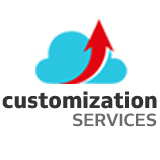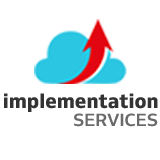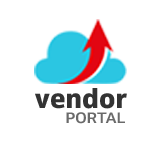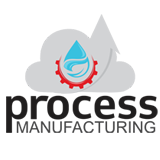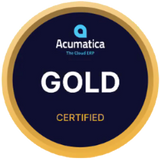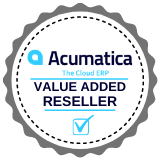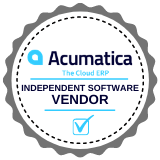Acumatica process manufacturing ERP is a purpose-built platform that gives manufacturers transparency and elevates organizational performance.
Acumatica Process Manufacturing ERP software is a powerful tool for navigating the complexities of your manufacturing operation. With this intuitive solution, you can enhance visibility, delivery, and overall business performance.
“Process manufacturers must deal with a new world in which the cycle of plan-execute-analyze is constant because conditions can change suddenly.”
What is process manufacturing?
Process manufacturing is making goods by combining supplies, ingredients or raw materials according to a formula or recipe.
This Process of Manufacturing is commonly used to produce bulk goods, such as food, beverages, refined oil and gasoline.
Process manufacturing involves steps often requiring thermal or chemical conversion, such as heat, time or pressure. As a result, it is impossible to disassemble a product created through process manufacturing into its constituent parts.
For example, once soft drinks are produced, they cannot be broken down into different ingredients.
Process Manufacturing is characterized by a sequential flow of steps, which makes it possible to schedule production in advance. Process manufacturers use tracing and scheduling tools and software to ensure that they can meet their customers’ needs.
Here we have Process manufacturing vs discrete manufacturing
Process manufacturing differs significantly from discrete manufacturing.
Process manufacturing uses recipes or formulas to create products that cannot be broken down at the end of the production cycle. Discrete manufacturing follows instructions on a bill of materials (BOM) to create finished, assembled goods.
After the discrete manufacturing process, the final product can break down into distinct parts, which may or may not be recycled. Some toys, computers, and automobiles are manufactured through discrete manufacturing.
Process manufacturing can include:
- recipes and formulas
- mixes and blends
- variable ingredients
- identification of parts by attributes
- measurements of weight or volume
While Discrete Manufacturing Includes:
- assembly lines
- fabrication
- standard parts and components
- bill of materials
- identification of factors by numbers
- measured by each feature or piece
Process manufacturing is more complex than discrete manufacturing because it transforms raw materials into a final product.
Examples of process manufacturing
Some of the top markets for process manufacturing include:
- Food and beverage
- Metals
- Oil and gas
- Pharmaceuticals
- Personal care
- Plastics
- Cosmetics
Conclusion:
You don’t have to worry about costly customisations or complicated implementations when you choose a process manufacturing ERP that comes ready and packaged with solutions to your unique requirements. And when that solution is available in the cloud–you’ll have information at your fingertips.
Want to grow your process manufacturing business? We have a solution that can help you today.

Vijay comes with a vast experience in ERP and enterprise solutions space with about 20 years of experience in various packaged application like Acumatica, SAP, Orion, Salesforce.com, SugarCRM and, SalesLogix.




